
How Yahoo's acquisitions fit into Mayer's master plan
Since Marissa Mayer took the helm at Yahoo, she has bought mostly super-small companies in four areas:
core content, social, gaming, and video/conference calls.
- July 17, 2012
- Oct. 25, 2012
- Dec. 4, 2012
- Jan. 22, 2013
- Feb. 12, 2013
- March 20, 2013
- March 25, 2013
- May 1, 2013
- May 9, 2013
- May 9, 2012
- May 10, 2013
- May 17, 2013
- May 23, 2013
- June 12, 2013
- June 13, 2013
- July 2, 2013
- July 2, 2013
- July 3, 2013
- July 18, 2013
- July 31, 2013
- Aug. 2, 2013
- Aug. 23, 2013
- Sept. 31, 2013
- Oct. 11, 2013
 Marissa Mayer becomes Yahoo CEO
Marissa Mayer becomes Yahoo CEO StampedSocial
StampedSocial OnTheAirVideo/conf. calls
OnTheAirVideo/conf. calls Snip.itSocial
Snip.itSocial AlikeSocial
AlikeSocial JybeSocial
JybeSocial SummlyCore content
SummlyCore content AstridCore content
AstridCore content GoPollGoSocial
GoPollGoSocial MileWiseCore content
MileWiseCore content Loki StudiosGaming
Loki StudiosGaming TumblrSocial
TumblrSocial PlayerScaleGaming
PlayerScaleGaming GhostBirdCore content
GhostBirdCore content RondeeVideo/conf. calls
RondeeVideo/conf. calls BignogginsCore content
BignogginsCore content QwikiVideo/conf. calls
QwikiVideo/conf. calls XobniSocial
XobniSocial ZtelicSocial
ZtelicSocial LexityCore content
LexityCore content RockmeltCore content
RockmeltCore content IQ EnginesCore content
IQ EnginesCore content HitpostGaming
HitpostGaming BreadCore content
BreadCore content

Mayer is focused on buying inexpensive, mobile-first startups, mainly to pull their engineering talent into Yahoo.
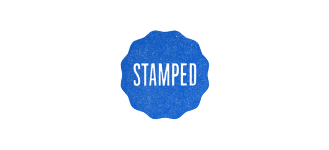
Mayer's first acquisition was Stamped, co-founded by Robby Stein, her former colleague when she was at Google. The app let users share their favorite things, including movies, books, and restaurants. Stamped had attracted investments from numerous celebrities, The New York Times and Google Ventures. All nine Stamped employees joined Yahoo post-acquisition.

The five staffers at video chat startup OnTheAir joined Yahoo's mobile team after the buyout. In a farewell blog post, the OnTheAir team wrote about the struggle to achieve "widespread daily use" of their chat-broadcasting app.
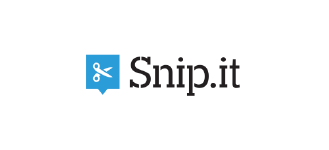
Snip.it was a Pinterest-like social platform for collecting and sharing articles from across the Web, with a particular focus on opinions. Founder Ramy Adeeb said the revolution in his native Egypt served as the inspiration for Snip.it, which was shut down after the Yahoo buyout.
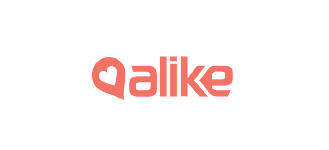
Alike's mobile app provided users with lists of nearby restaurants and other places tailored to their interests. Alike's staff subsequently moved over to Yahoo, which said it was "very impressed by the team and their approach to building personalized experiences."
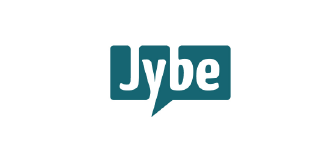
Yahoo got five of its former staffers back through the purchase of Jybe, a mobile app that offered personalized recommendations for everything from restaurants to books. Like most of Yahoo's acquisitions under Mayer, Jybe was shuttered.
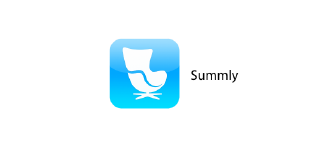
Summly was by far Yahoo's buzziest acquisition to date, thanks to the startup's whiz-kid founder Nick D'Aloisio. The London high school student created the news aggregation app when he was only 15 years old.

Astrid allowed people to create simple to-do lists on their phones or on the Web. The company said it would stop accepting new subscriptions 90 days after Yahoo bought it.

GoPollGo's mobile app was aimed mainly at brands looking to get real-time feedback from fans. The startup's small team joined Yahoo's mobile team at its Sunnyvale, Calif., headquarters.
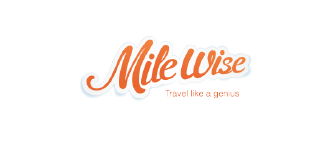
Flight search app MileWise took into account users' racked-up airline miles, hotel loyalty points, and credit card rewards in its search results. The small MileWise team moved to Yahoo's New York City offices.
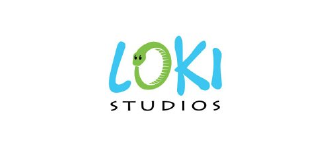
Loki's flagship product was Geomon, a game that incorporated a user's location information – including weather, time of day and season. The game was shut down post-acquisition, along with the rest of the company, and most of the Loki Studios staffers took jobs at Yahoo.
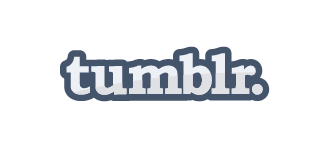
Tumblr is by far Yahoo's biggest buy under Marissa Mayer. It's the only one whose cost Yahoo had to disclose, because of its high price tag: $1.1 billion in cash. Yahoo took pains to assure loyal users of the social blog site that the company "wouldn't screw it up" – and that Tumblr would remain independent.
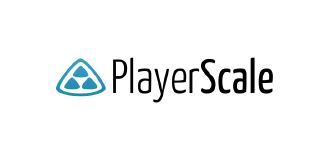
PlayerScale provided the infrastructure underpinning games in the social and mobile space. Unlike most of its recent purchases, Yahoo is keeping PlayerScale around. The PlayerScale team said Yahoo's backing will help it "crank out awesome products and improvements to our platform faster than ever before."
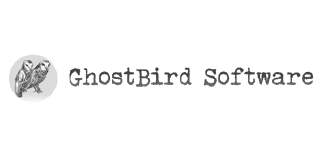
Photo app maker GhostBird Software was absorbed into Yahoo's Flickr team after the acquisition. Yahoo stopped offering GhostBird's KitCam and PhotoForge2 apps on the Apple App Store. Existing users can continue using the apps, but no updates are planned.
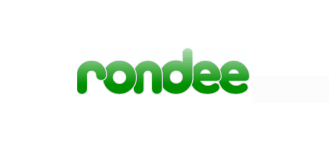
Rondee offered a free conference-calling service that Yahoo shut down upon acquisition. The Rondee staffers joined Yahoo's small business team.
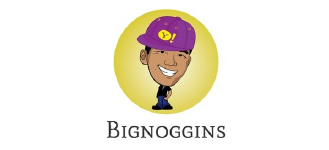
Bignoggins founder Jerry Shen created fantasy sports apps that he originally offered for free, but they proved popular enough that users were willing to pay for them. Shen and his wife used part of the profits to travel around the world. After Yahoo bought Bignoggins, Shen joined Yahoo's mobile team.
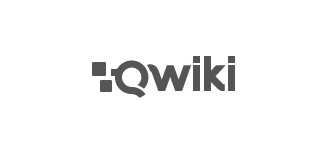
Mobile video app Qwiki is one of the few to survive a Yahoo buyout. Qwiki's iPhone app creates short movies from the photos and videos on a user's phone. The Qwiki team moved down the road into Yahoo's New York City office.
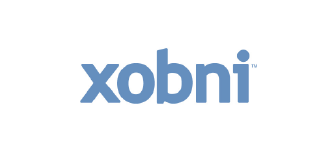
Xobni (inbox, spelled backwards) is an email plugin that links profiles of contacts in Gmail and Outlook with their social network data and conversation history. Unlike most recent Yahoo acquisitions, Xobni remains active.
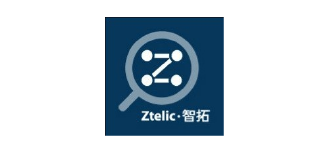
The China-based startup performed social network analysis before Yahoo bought it and shut the service down. Yahoo said it bought Ztelic for its staff of eight engineers, including founder Hao Zheng, a former "Yahoo."
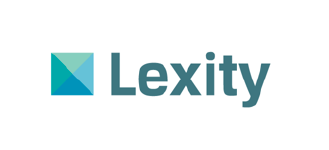
Yahoo rebranded small business e-commerce startup Lexity as "Yahoo Commerce Central" after purchasing the company in July. The service helps online retailers place ads on Google, Facebook and their own websites.
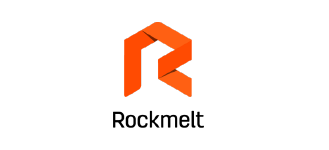
Rockmelt was a social media and news aggregation service similar to Circa and Flipboard before Yahoo bought the company and shuttered its business. Rockmelt originally began as a Web browser that served as a kind of social media dashboard.
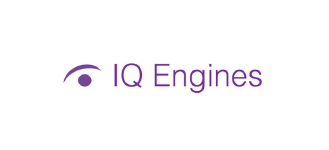
Yahoo bought IQ Engines to add the startup's image recognition technology to Flickr. Similar to how facial recognition tools identify people in photographs, IQ Engines can scan for products and logos within people's photo albums.
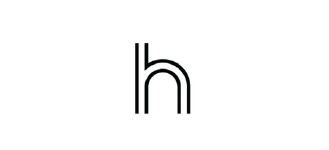
After Yahoo shut Hitpost down, the startup's team of seven joined Yahoo Sports. Hitpost allowed users to bet on games and various other scenarios with virtual currency.
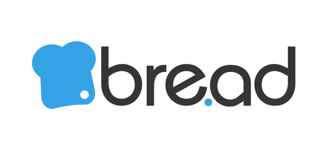
The URL-shortening service and its team of six joined Yahoo's advertising technology group. The shuttered service allowed companies to share shortened links that, when clicked on, displayed ads for a few seconds before bringing people to the destination website.
-

The 2013 Fortune Most Powerful Women
Women in technology top the Fortune Most Powerful Women list. Sheryl Sandberg and Marissa Mayer move up. Meg Whitman slips. Who's No. 1? IBM rules again. Ginni Rometty is Fortune's 2013 Most Powerful Woman in Business.
-

Marissa Mayer explains that infamous Vogue photo shoot
The photo set off yet another Mayer-focused debate about women in the workplace.
-

How one year of Marissa Mayer has changed Yahoo
Yahoo has bought an incredible 15 companies during Marissa Mayer's short tenure, and the roadmap reveals a lot about the company's future.






